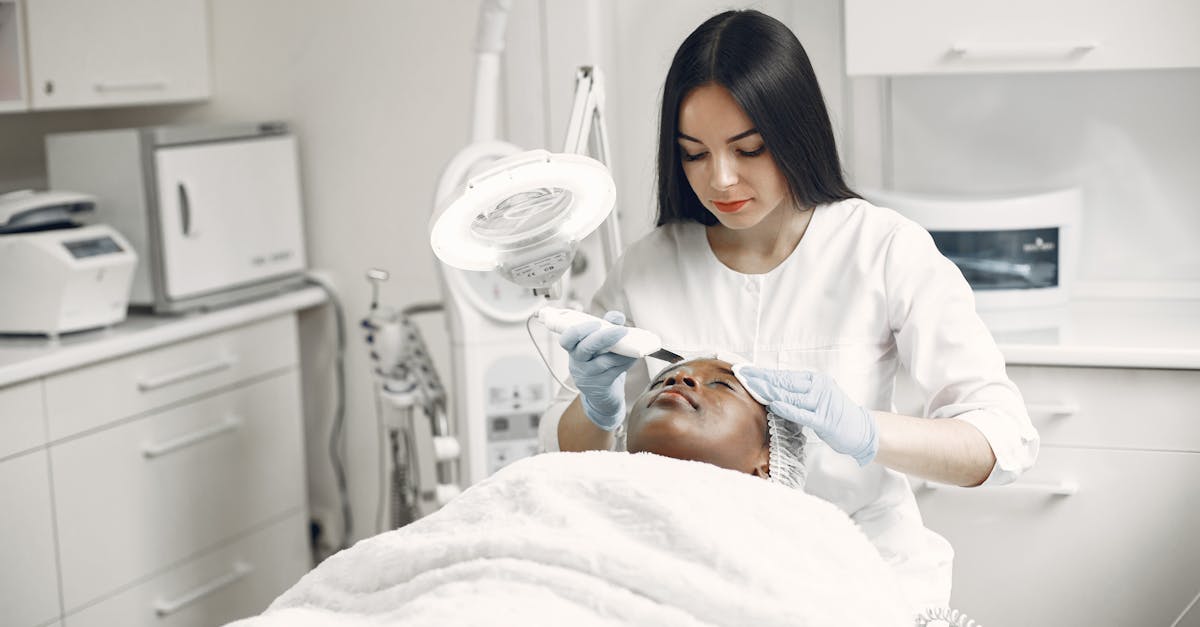Published on:
7 min read
Exploring Innovative Treatments for Eosinophilic Esophagitis: A Comprehensive Guide
Eosinophilic Esophagitis (EoE) is a chronic allergic condition affecting the esophagus, leading to significant dietary and lifestyle challenges. This guide delves into cutting-edge treatments that offer hope and relief for those suffering from this condition.

Understanding Eosinophilic Esophagitis
Eosinophilic Esophagitis (EoE) is a chronic immune-mediated disorder characterized by an elevated number of eosinophils, a type of white blood cell, in the esophagus. This condition can lead to inflammation, pain, and difficulty swallowing, significantly impacting patients' quality of life. EoE is often associated with food allergies, and many patients find that certain foods trigger their symptoms. Identifying these triggers is crucial for managing the condition and developing effective treatment strategies. However, EoE is a complex disease requiring multifaceted approaches, leading researchers and healthcare providers to explore innovative therapies.
Emerging Treatment Options
Recent years have seen promising advancements in the treatment of Eosinophilic Esophagitis. Traditional management often includes dietary modifications, such as eliminating specific allergens. However, biological therapies have emerged as a groundbreaking option for patients who do not respond adequately to diet alone. Medications like monoclonal antibodies, which target eosinophilic inflammation directly, are showing potential in clinical trials. These treatments can significantly reduce eosinophil counts and alleviate symptoms, allowing patients to reclaim their quality of life. Additionally, research is underway to understand the long-term effects and broader implications of these novel therapies for EoE patients.
Integrative Approaches and Lifestyle Changes
Beyond pharmacological interventions, integrative approaches can enhance the management of EoE. Patients are encouraged to collaborate closely with healthcare professionals and nutritionists to implement comprehensive management plans. Stress reduction techniques such as mindfulness, yoga, and meditation can play a vital role in symptom management, as stress is known to exacerbate many health conditions. Moreover, considering the mental and emotional toll of EoE, support groups and counseling might help patients navigate their challenges. Combining medical treatment with lifestyle adjustments can create a holistic approach to managing eosinophilic esophagitis effectively.
Conclusion
In summary, exploring innovative treatments for Eosinophilic Esophagitis offers hope for improved management and quality of life for sufferers. From emerging medications to integrative lifestyle changes, diverse strategies are changing the landscape of EoE treatment. By staying informed and collaborating with healthcare providers, patients can navigate this condition with resilience and optimism.
Published on .
Share now!










